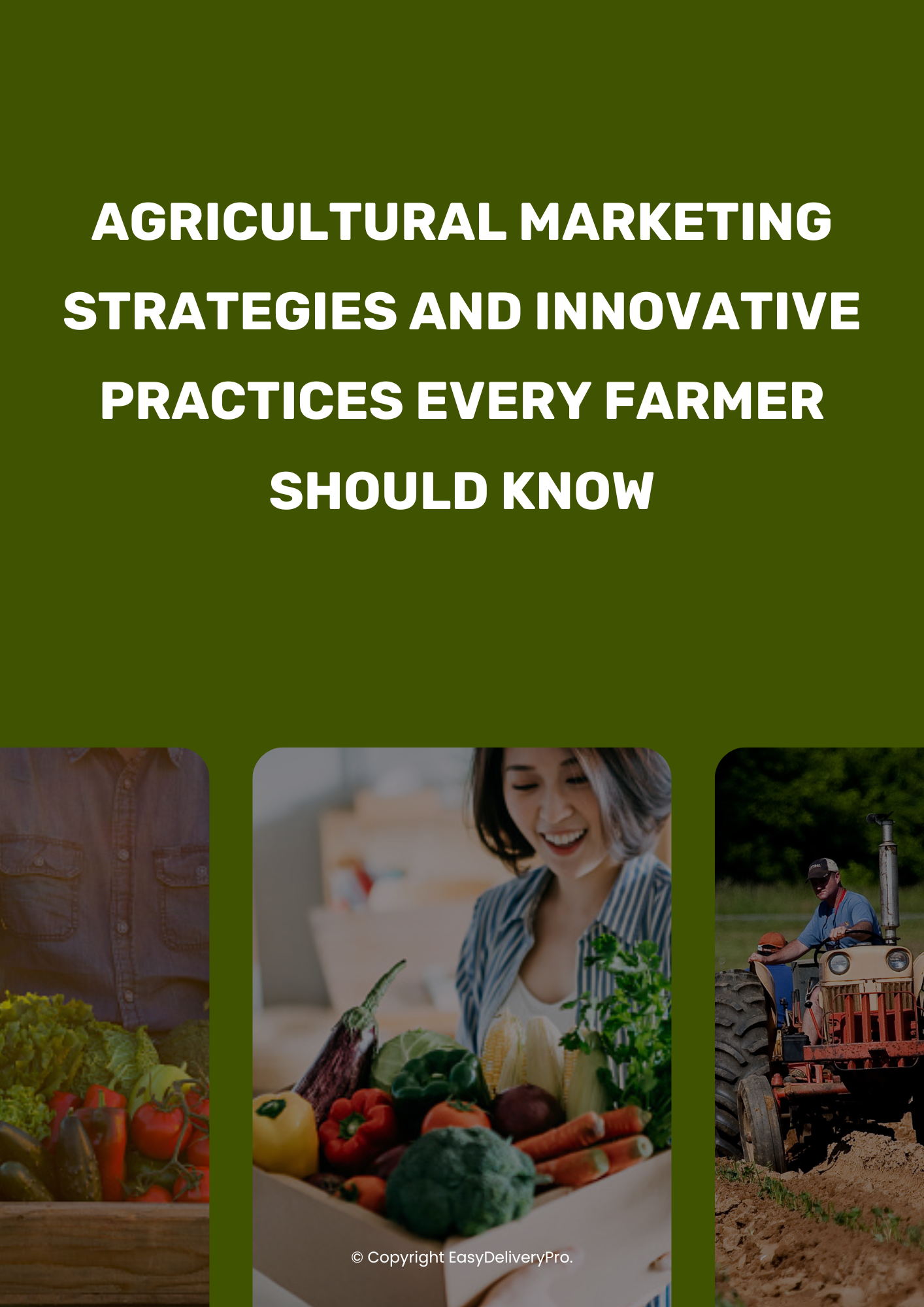Discover how small farmers are innovating to compete with giants like Amazon Fresh, emphasizing sustainability, community, and local authenticity.
Community Supported Agriculture, or CSAs, have become increasingly popular in recent years as consumers become more interested in knowing where their food comes from and supporting local farmers. If you're a farmer who is thinking about turning your farm into a CSA, there are several benefits that you should keep in mind.
A CSA business, or Community Supported Agriculture, is a type of business model where members of the community directly invest in and support a local farm. In return, they receive a share of the farm's produce on a regular basis. CSAs are typically run by small-scale farmers who sell their produce through direct channels such as farmer's markets or Community Supported Agriculture businesses. This allows them to bypass the need for middlemen and sell their produce at a higher price point. Additionally, CSAs often offer members access to the farm itself, giving them the opportunity to learn about how their food is grown. As the popularity of locally sourced food continues to grow, CSAs are becoming an increasingly popular way for consumers to connect with small-scale farmers and get access to fresh, delicious produce.
Read More: Why Every Farm Should Start A Subscription Box Business?
One of the biggest benefits of operating a CSA is that it provides farmers with a more stable income stream. Unlike farmers who sell their crops to wholesalers or at farmers' markets, CSAs give farmers the opportunity to sell their fruits and vegetables directly to consumers. This direct relationship between farmer and consumer means that farmers are less likely to be affected by fluctuations in the market.
Another benefit of CSAs is that they help build personal relationships between farmers and their customers. When customers sign up for a CSA share, they're not just buying food—they're also investing in the success of the farm. This relationship gives farmers the opportunity to get to know their customers and develop a connection with them. This can create lifelong customers who are loyal to the farm and its products.
Read More: How Value-Added Products Can Increase Your Average Order Value
Another benefit of CSAs is that they allow farmers to focus on quality rather than quantity. Since customers are paying in advance for their share, farmers don't have to worry about selling every last tomato or carrot. This means that they can take the time to ensure that each crop is of the highest quality possible before sending it out to customers.
CSAs also encourage consumers to eat seasonally by providing them with locally grown fruits and vegetables when they're in season. This helps consumers connect with nature's rhythms and appreciate the bounty of each season. It also helps them understand why certain crops may be more expensive at certain times of the year than others.
Finally, CSAs offer an educational opportunity for members through events like farm tours and cooking classes. These events can help members learn about where their food comes from and how it's grown or raised, which can increase their appreciation for the work that goes into producing it. They also provide an opportunity for members to meet other people who are interested in supporting local agriculture and sustainable living practices.
There are many reasons why you should consider turning your farm into a CSA business! From providing a more stable income stream for farmers to encouraging consumers to eat seasonally, there are numerous benefits associated with operating a CSA farm. If you're a farmer who is interested in exploring this option, keep these seven benefits in mind as you make your decision!
Discover how small farmers are innovating to compete with giants like Amazon Fresh, emphasizing sustainability, community, and local authenticity.
Drive customer traffic to your online farm store with email marketing, social media, in-person tactics, and our tailored solutions. Boost your agricultural business now!
Elevate your winter chicken care with expert tips. Keep your flock warm, healthy, and productive during the chilly months.
